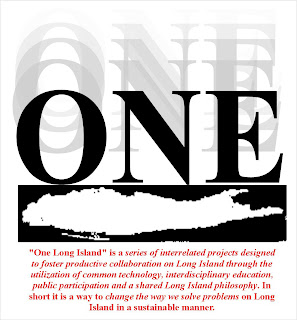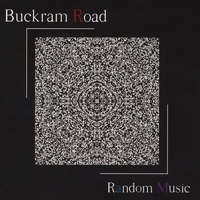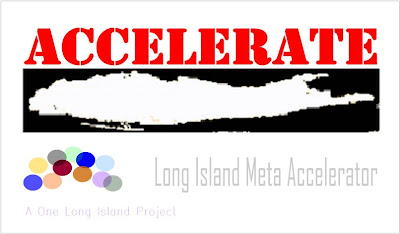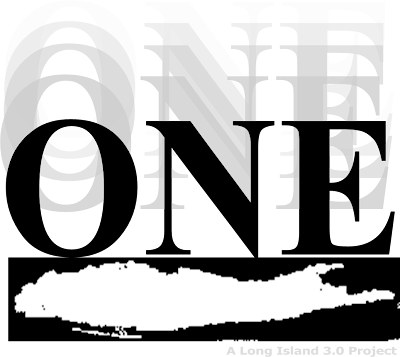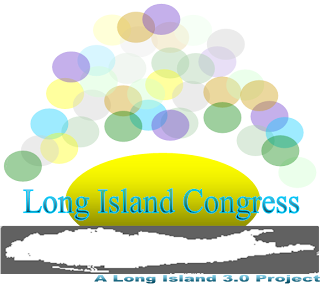
Friday, November 21, 2008
Thursday, November 20, 2008
Thursday, November 6, 2008
Change is here ...
The results of the current New York State elections have brought into clearer focus the need for a different approach to problem solving and organization on Long Island.
The old adage "to the victor belong the spoils" is one Long Islanders must be more acutely aware of more than ever. In a time of diminishing resources and a political power shift towards New York City and its boroughs, Long Island stands to lose whatever power it currently holds.
Elected officials generally will take the course of least resistance, and for New York elected officials, its easier to help their own constituents than to worry about the "big picture" and Long Island in particular.
Shouldn't then Long Island elected officials (in this particular case the NYS Senate) be looking to form a coalition (political and/or otherwise) on Long Island and with upstate officials so that the balance of power between urban, suburban and rural interests in maintained? Is the model of the NYS Assembly and the accumulation of power in the boroughs of New York City a harbinger of the future?
Maybe, maybe not. But why risk the future of Long Island's interests until we are certain of a fair and balanced approach to governance in New York State? It is simply illogical to give away power and influence when you don't have to and before you have a verifiable scheme in place to replace the one you have, as imperfect as it may be. That would be simply like "re-arranging the deck chairs on the Titanic."
Take a comprehensive approach to solving the problems and the inequities in the current system, don't just shift power so that some problems get solved and others become more pronounced, perhaps to devastating effect on large numbers of Long Island, suburban and rural residents. Yes NYC is vitally important to the economic well being of our state. But we should not put all our efforts into NYC to the exclusion of other existing and potential economic engines across the state.
Because of Long Island's fragmented nature, it is somewhat easy to pit one constituency against another whether using political means or other devices. Long Island is ripe for a divide and conquer strategy.
By withholding (intentionally or unintentionally) information from the public or otherwise making it difficulty for the public to get a "clear picture" of the reality of our circumstances and leads to extreme partisanship and demagoguery, neither of which is healthy for Long Island's long term health and well being.
It is also clear that until there is a "unified"approach to solving state-wide issues (and national issues for that matter) Long Island will need to fortify itself against the coming storm. We must create an environment that will inoculate ourselves from extreme changes to our environment and give us the flexibility to adjust quickly and naturally based upon logic and reason within a dynamic environment.
The "One Long Island" series of ideas, while appearing to be only an abstraction are, in fact, based in reality and on concepts we can accomplish immediately.
As we've stated before trust is the key and there can not be trust without verifiable information and objective analysis within a collaborative, dynamic environment.
It will take time, but the the results will promote real change based upon a "bottom up" collaborative approach to problem solving.
No one leader can "save us." No "one idea" can solve all our issues. No "one group" can or should determine our future.
We must change the dynamic on Long Island and subscribe to a shared Long Island Philosophy which is based in a pragmatic approach wit in a flexible, dynamic environment if do not wish to fall prey to other regions in the state or the nation.
A strong Long Island can be a model for the nation on how to create a new regional dynamic that can work with other regions yet allow independent, creative dynamism within our own region to continually reshape and reorganize how we operate and how we address any new challenge we may encounter.
“What seems different and noteworthy about the I.B.M. approach is its sweeping comprehensiveness and message,” said Rosabeth Moss Kanter, a professor at the Harvard Business School. “Putting the pieces together under one inclusive and rather bold label can stimulate discussion and innovation.”
The old adage "to the victor belong the spoils" is one Long Islanders must be more acutely aware of more than ever. In a time of diminishing resources and a political power shift towards New York City and its boroughs, Long Island stands to lose whatever power it currently holds.
Elected officials generally will take the course of least resistance, and for New York elected officials, its easier to help their own constituents than to worry about the "big picture" and Long Island in particular.
Shouldn't then Long Island elected officials (in this particular case the NYS Senate) be looking to form a coalition (political and/or otherwise) on Long Island and with upstate officials so that the balance of power between urban, suburban and rural interests in maintained? Is the model of the NYS Assembly and the accumulation of power in the boroughs of New York City a harbinger of the future?
Maybe, maybe not. But why risk the future of Long Island's interests until we are certain of a fair and balanced approach to governance in New York State? It is simply illogical to give away power and influence when you don't have to and before you have a verifiable scheme in place to replace the one you have, as imperfect as it may be. That would be simply like "re-arranging the deck chairs on the Titanic."
Take a comprehensive approach to solving the problems and the inequities in the current system, don't just shift power so that some problems get solved and others become more pronounced, perhaps to devastating effect on large numbers of Long Island, suburban and rural residents. Yes NYC is vitally important to the economic well being of our state. But we should not put all our efforts into NYC to the exclusion of other existing and potential economic engines across the state.
Because of Long Island's fragmented nature, it is somewhat easy to pit one constituency against another whether using political means or other devices. Long Island is ripe for a divide and conquer strategy.
By withholding (intentionally or unintentionally) information from the public or otherwise making it difficulty for the public to get a "clear picture" of the reality of our circumstances and leads to extreme partisanship and demagoguery, neither of which is healthy for Long Island's long term health and well being.
It is also clear that until there is a "unified"approach to solving state-wide issues (and national issues for that matter) Long Island will need to fortify itself against the coming storm. We must create an environment that will inoculate ourselves from extreme changes to our environment and give us the flexibility to adjust quickly and naturally based upon logic and reason within a dynamic environment.
The "One Long Island" series of ideas, while appearing to be only an abstraction are, in fact, based in reality and on concepts we can accomplish immediately.
As we've stated before trust is the key and there can not be trust without verifiable information and objective analysis within a collaborative, dynamic environment.
It will take time, but the the results will promote real change based upon a "bottom up" collaborative approach to problem solving.
No one leader can "save us." No "one idea" can solve all our issues. No "one group" can or should determine our future.
We must change the dynamic on Long Island and subscribe to a shared Long Island Philosophy which is based in a pragmatic approach wit in a flexible, dynamic environment if do not wish to fall prey to other regions in the state or the nation.
A strong Long Island can be a model for the nation on how to create a new regional dynamic that can work with other regions yet allow independent, creative dynamism within our own region to continually reshape and reorganize how we operate and how we address any new challenge we may encounter.
“What seems different and noteworthy about the I.B.M. approach is its sweeping comprehensiveness and message,” said Rosabeth Moss Kanter, a professor at the Harvard Business School. “Putting the pieces together under one inclusive and rather bold label can stimulate discussion and innovation.”
Wednesday, November 5, 2008
Subscribe to:
Posts (Atom)





